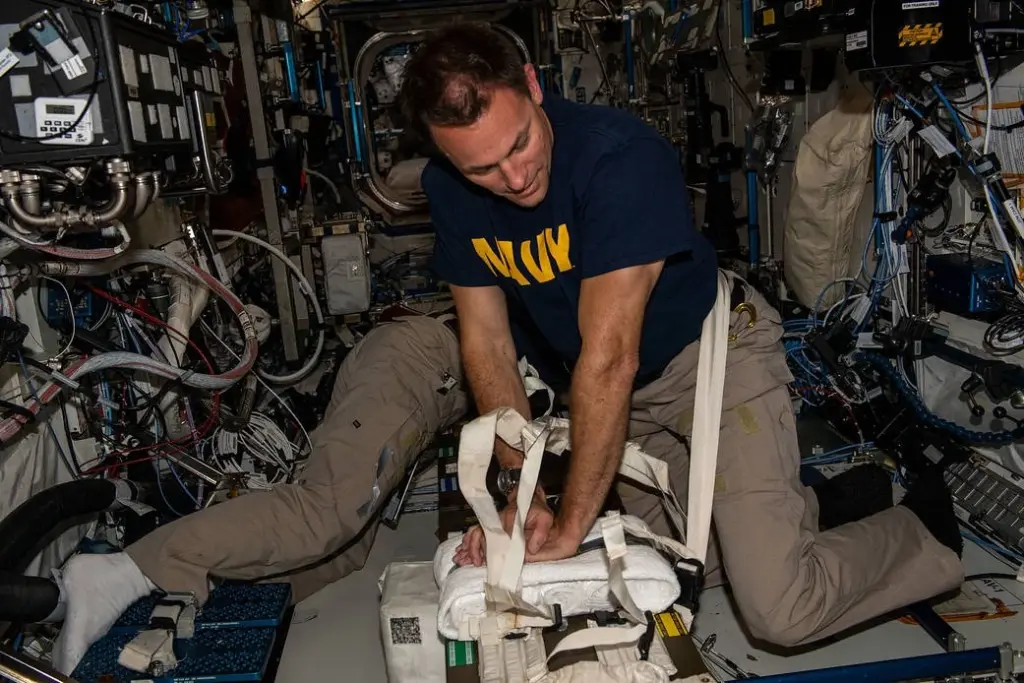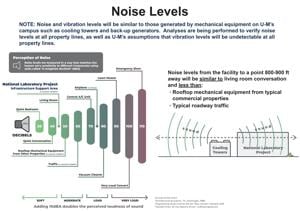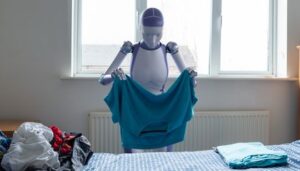
CPR, a lifesaving technique developed in the 1960s, faces significant challenges in zero gravity environments. In light of this, a team of European cardiologists has been researching alternative methods to ensure the safety of astronauts aboard the International Space Station (ISS). Their exploration of mechanical piston CPR could offer a viable solution for emergencies in space.
Traditional CPR relies heavily on gravity to effectively compress the chest, delivering necessary blood flow during cardiac arrest. Unfortunately, in a microgravity setting, the efficacy of manual compressions diminishes. According to a study from the European Space Agency (ESA), astronauts experience unique physiological changes that complicate standard resuscitation techniques.
To address these challenges, the team of cardiologists is testing a mechanical piston device specifically designed for use in space. This device aims to replicate the essential compressions of CPR while accommodating the unique conditions found in orbit. The research emphasizes the importance of adapting medical procedures for the space environment, where traditional methods may not be applicable.
The mechanical piston CPR device works by delivering consistent and controlled compressions, which are critical for maintaining blood circulation during a cardiac emergency. This approach could significantly improve survival rates for astronauts who experience heart-related issues while in space.
Testing for the device is currently underway, with results expected to inform the development of new protocols for emergency medical care aboard the ISS. The cardiologists are collaborating with engineers and space agencies to ensure that this technology meets the rigorous demands of space travel.
In addition to mechanical devices, the research highlights the need for comprehensive training for astronauts in emergency medical procedures. While mechanical assistance can enhance effectiveness, human expertise remains a vital component in managing health crises in space.
As space exploration continues to expand, ensuring the health and safety of astronauts is paramount. The work being done by European cardiologists not only addresses immediate needs but also sets the groundwork for future missions, potentially paving the way for longer-duration flights to destinations like Mars.
With ongoing advancements in medical technology and research, the prospects for improving astronaut health in space remain promising. The findings from this study may eventually contribute to broader applications, ultimately enhancing emergency response protocols for various environments beyond Earth.







